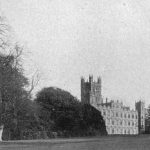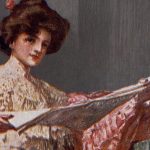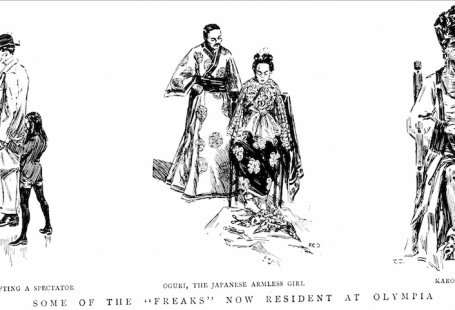In the run up to the centenary of the first Labour government, formed on the 22 January 1924 under the leadership of Ramsey MacDonald, we have been adding Labour newspapers to The Archive which chart the early history of the Labour Party.
These newspapers, of which there are four so far, are an essential resource for anybody researching or with an interest in the origins, formation and rise of the Labour party.
Available on The Archive are:
Title |
Available Years |
| Daily Citizen (Manchester) | 1912-1915 |
| Clarion | 1891-1915, 1928-1932 |
| Forward (Glasgow) | 1916-1923 |
| Labour Leader | 1894-1919 |
Daily Citizen (Manchester)
A fascinating albeit short-lived publication, the Daily Citizen (Manchester) was the official newspaper of the fledgling Labour Party. During its three year tenure it attracted contributions from the likes of Tom Webster, the famous cartoonist, and renowned critic and writer Neville Cardus.
Daily Citizen (Manchester) | 14 January 1915
Clarion
The Clarion was founded by Robert Blatchford and Alexander M Thompson in Manchester in 1891. In a marked difference from contemporary publications, the newspaper often took quite a light approach to the serious business of politics.
Socialist writer and politician Margaret Cole wrote of it: ‘There never was a paper like it. It was not in the least the preconceived idea of a socialist journal. It was not solemn; it was not highbrow…It was full of stories, jokes and verses.’
Forward (Glasgow)
Forward (Glasgow) was a Glasgow-based publication, with origins in both the socialist and the temperance movements. It offers a particularly interesting commentary of the events of the First World War, as well as providing a window into Scottish socialism.
Labour Leader
With origins in Keir Hardie’s newspaper The Miner, established to advocate for the rights of Scottish miners, the publication changed its name to the Labour Leader when Hardie became the founding member of the Scottish Labour Party. In 1904 the newspaper was sold to the Independent Labour Party (ILP) and from 1909 onwards Labour members were encourage to contribute to it.
The newspaper took a thoroughly pacifist stance during the First World War, printing headlines including ‘Down with the War!’ Its editor at the time, Fenner Brockway, was even arrested on suspicion of sedition, but he was not charged.










